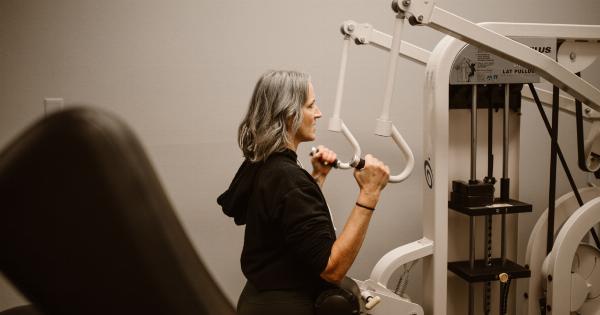As the due date approaches, expectant mothers may feel a mix of excitement, anticipation, and anxiety.
Each passing day may feel like an eternity, but the wait is finally over – the 40th week marks the end of an incredible journey, as well as the beginning of a new one.
Physical Changes at 40 Weeks
At this stage, your baby is the size of a small pumpkin, measuring around 20-21 inches and weighing around 7 to 8 pounds. Your cervix has dilated around 10 centimeters and thinned out, which means that you are in active labor.
You may feel contractions that start in the lower back and travel towards the front of the abdomen. These contractions may become more frequent, intense, and longer-lasting as time goes on.
Emotional Changes at 40 Weeks
Your emotions may be running high as you prepare to welcome your little one into the world. You may feel excited, nervous, and overwhelmed all at the same time. It is perfectly normal to have mixed emotions at this stage.
Talking to your partner, friends, or family members can help you feel supported and reassured. Remember to take time for self-care activities, such as meditation, gentle yoga, or reading a book.
Tips for Coping with Labor
Labor can be a physically and emotionally demanding experience. Here are some tips to help you stay comfortable and calm:.
- Breathe deeply and slowly
- Use visualization techniques to help you relax
- Move around, change positions, and use a birth ball or a chair
- Stay hydrated by sipping water or isotonic drinks
- Use a warm compress or a cool pack to soothe sore areas
- Listen to soothing music or sounds
What to Expect During the Birth
During the active labor phase, you will feel intense contractions that come and go. Your healthcare provider will monitor your baby’s heartbeat, your contractions, and your progress.
You may be offered pain relief options such as epidural anesthesia, nitrous oxide gas, or opioids. Once your cervix is completely dilated, you will be asked to push during each contraction to help your baby move through the birth canal. The pushing phase may take anywhere from a few minutes to a few hours, depending on your individual circumstances.
Postpartum Recovery at 40 Weeks
After you give birth, you will be in the postpartum phase, which lasts around six weeks. During this time, your body will undergo many changes as it heals and recovers from labor and delivery.
You may experience symptoms such as vaginal bleeding, soreness, fatigue, and mood swings. It is essential to listen to your body and take it easy, as well as to ask for help when needed. Your healthcare provider will monitor your recovery and provide you with guidance on how to care for yourself and your baby.
Bonding with Your Baby at 40 Weeks
One of the most beautiful aspects of becoming a parent is the opportunity to bond with your baby. You can start bonding with your baby as soon as he or she is born, through skin-to-skin contact, breastfeeding, eye contact, and talking softly.
Bonding helps your baby feel secure, loved, and attached to you, and it also helps you feel more confident and connected as a parent. You can also ask for support from your partner, family, or friends, as well as seek help from a lactation consultant or a counselor if needed.
Celebrating the Arrival of Your Baby
Congratulations! You have completed your pregnancy journey and welcomed your precious baby into the world. Now is the time to celebrate and cherish this precious moment.
You may want to take photos, create a memory book, or hold a special ceremony to mark the occasion. Remember to take it easy and enjoy this special time with your little one, as you embark on a new adventure together.





























